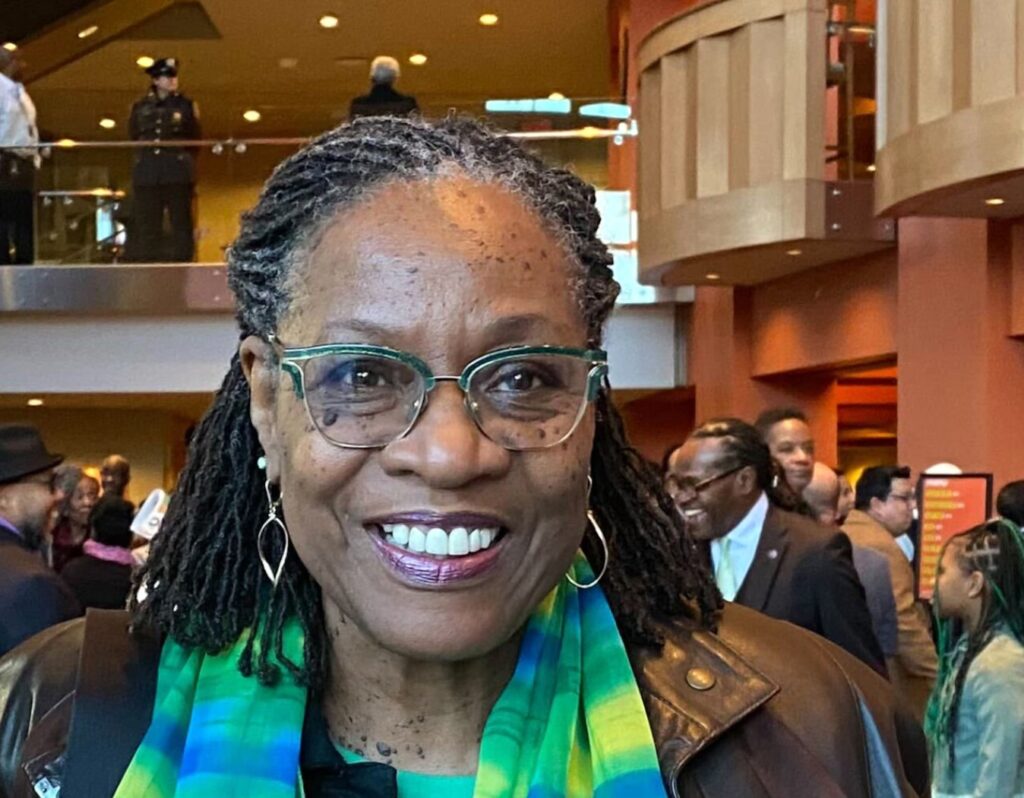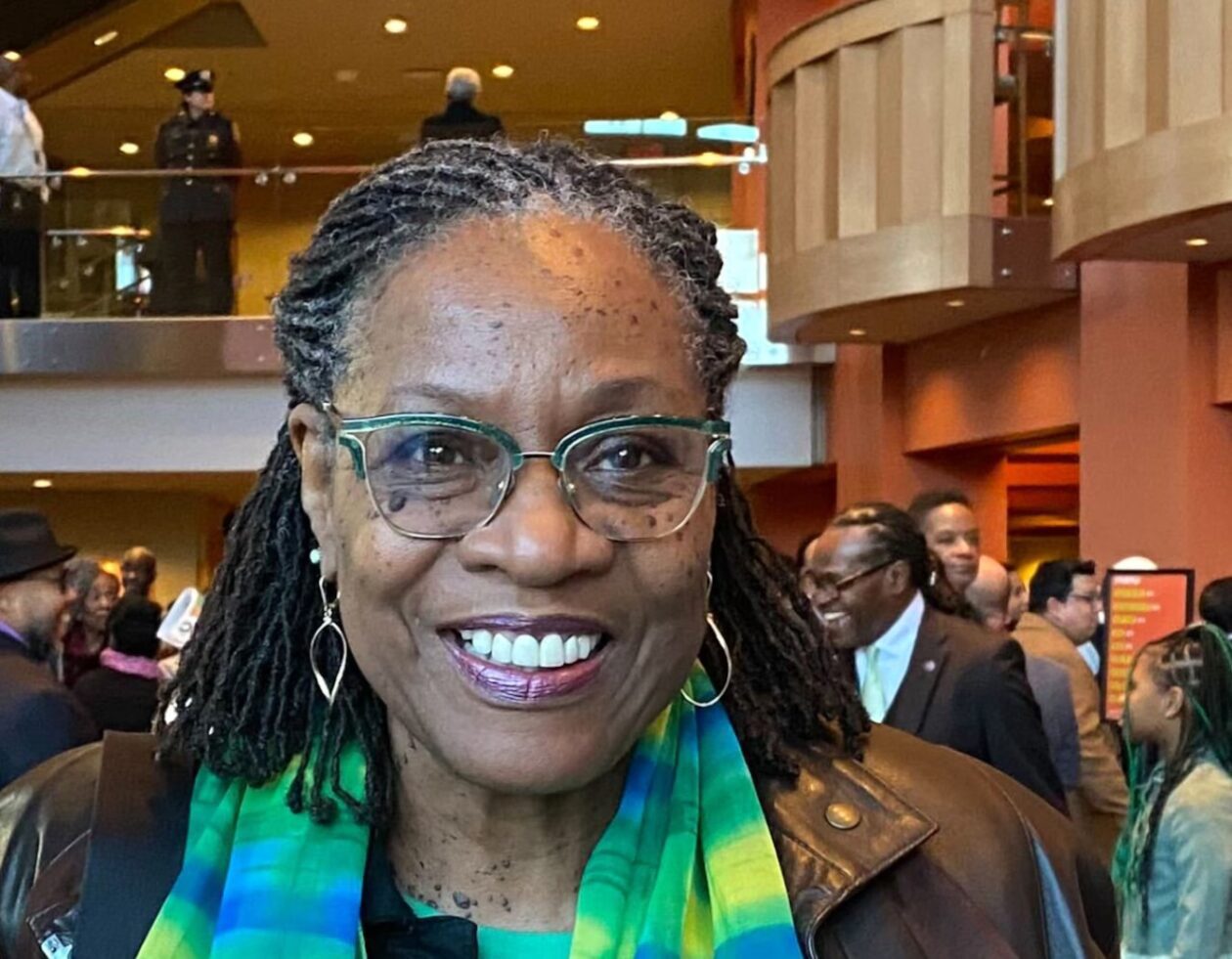In observance of Black History Month, Mosaic is talking with newsmakers about the state of Black New Jersey. Today’s newsmaker is Deborah Smith-Gregory, president of the NAACP’s Newark chapter. Here’s what she said.
Q: How are Black New Jerseyans doing in education, business, health care, wealth building, and homeownership?
A: Education: There is a concern about the gap between what Black people are being taught generally and about Black history. We have to close that gap to move forward as a people.
Business: Black people are doing horrible in terms of business. The disparity is so great that it’s hard for Black-owned businesses to maintain in this climate.
Health care: As it relates to health care, there are too many Black people who don’t have health insurance due to a number of factors. This is why universal health care is so important.
Wealth: While certain individuals may be flourishing, others are not. It needs to be a community effort to grow Black wealth, not only in the state but across the country.
Homeownership: It’s not going well. Black people who’ve owned their homes for decades are losing them due to not being able to pay the taxes. And our people are having trouble purchasing homes because the prices have gone up tremendously.
Historically, Black people in America have been marginalized. So, to see it happening now, it’s nothing new, just more of the same.
Q: What impact will the Trump administration’s efforts to roll back DEI initiatives have on Black New Jersey?
A: People will see the disparity between the need for DEI programs and how, without them, things will change as it relates to bias. If things are supposed to be merit-based, how can some of the most unqualified people in the Trump administration be in those positions?
I’m hoping this will teach Black people in New Jersey to choose community over politics as it relates to sticking together and bettering the collective. The power is with us, not with all this negative rhetoric.
Q: How does what is happening today compare to the civil rights struggles of the past?
A: We have to look back and study what was done so we can move forward and make the lives of our communities better. What we, as people, have already built is being dismantled. If we aren’t vigilant, we can find ourselves losing the progress we’ve made.
When we elected an African American president, people thought that the racism in terms of systemically would be dissipated. We are actively seeing it’s not. We have to be aware of where and how we spend our money.
Q: How should communities of color respond to these actions?
A: We need to be more civically engaged. As Black people, we need to pay attention to bills on the local, state, and federal levels. Contacting our elected officials is imperative. There is so much power in communicating our issues to those picked to lead and making sure they act upon them.
Q: What strategies should prioritized to ensure that efforts to combat discrimination in employment, education, and healthcare continue, even without federal support?
A: We need to have community-connected civic conversations. It’s sad that most people don’t understand how the government works. When people think of civics, they believe it to be boring. But the conversations need to be had so people understand how the dots are connected. Understanding the workings of the government will be a benefit. In addition, we need to hold elected officials’ feet to the fire.
Q: What is the NAACP doing to address what is happening to civil rights gains under the Trump administration?
A: Locally, we are pushing for the Black community to vote. There is so much power in voting that people miss. Many citizens did not come out to the polls in 2024 and cast a vote. Those who voted against their best interest are reaping the consequences of it.
Secondly, we are trying to help on the health front and push for adequate jobs and health care. We just haven’t seen it happen in the way we anticipated, so we’re trying to step in and help. And lastly, we’re working on criminal justice reform. Black men and women are disproportionately incarcerated. Most times, when they are released, we’ve found that after they have been punished, there’s no space for them to be rehabilitated.
Q: Do you see more Black students pursuing higher education at historically Black colleges and universities in light of the changes around DEI and college admissions?
A: I can see it happening. But with funding being cut, we can see students deciding not to go to college. All I’m saying is that it can be a toss-up.




